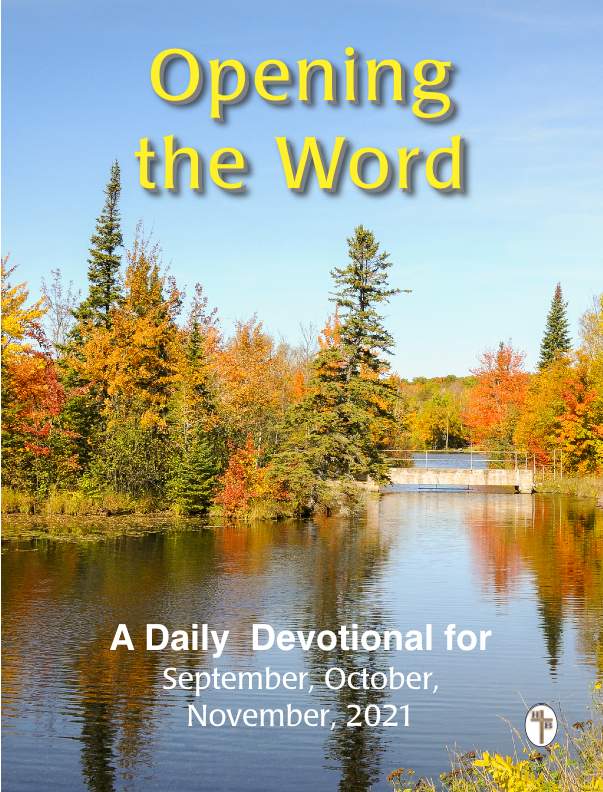Read Isaiah 42:1–4.
“A bruised reed shall he not break, and the smoking flax shall he not quench: he shall bring forth judgment unto truth” (v. 3).
What an incredible prophecy of the coming Messiah! Reading the words of the text made me think of ll Samuel 22:36 and Psalm 18:35, where David’s ode to deliverance from Saul mentions that God’s gentleness had made him great. Paul claims the gentleness of Christ as he entreats the Corinthians (2 Cor. 10:1) and also reminds us that gentleness is a fruit of the Spirit.
Isaiah, then, in inspired vision, sees our Savior coming to seek and to save that which was lost, taking care to not further damage a reed that has been bruised nor to quench the wick that is barely smoldering. He seeks to save, not to destroy. A rebuke, perhaps, to our sometimes imperious observations about the “lost,” especially the backslider. Our tendency to scorn the battered and beaten flies in the face of Christ, Who, while He could declare “woe” on the hypocritical, yet would see in the multitude (Matt. 9:36) those who were fainting and who had been “flayed” by religionists; He would see them and have compassion.
In the gospel, there is an urgency relating to judgment to come and the reaping of what man sows, but there is also time and space to “let our hearts be broken with the things that break the heart of God” (Bob Pierce) and show to the bruised world His compassion. (Leonard L. Sanky)
“…tell the wanderers of One who can lead them back to the Father.”
— J. Wakefield MacGill



Leave A Comment